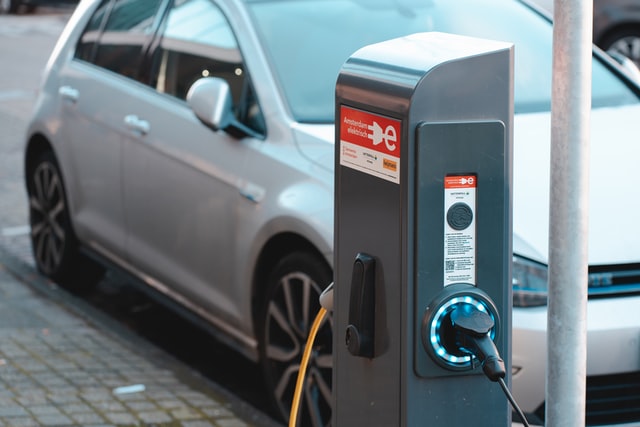You probably already know that electric vehicles (EVs) run, at least partially, on electricity, unlike traditional diesel- or gasoline-powered vehicles. But, not all EVs work in the same manner. In fact, there are different types of EVs, and each works quite differently. Want to know more? Read on!
Types of Electric Vehicles
Plug-in hybrids have lower refueling costs in comparison to traditional vehicles and better performance. They also can be recharged from an outlet. If you are planning to head out on a long trip, you can switch from electricity to a gasoline engine.
Battery-electric cars are vehicles that only use electricity. If you are buying such a car, it’s important that you match the battery range to how you intend to use the vehicle. That said, recharging away from your home will likely become a lot easier in the next few years. These are some of the most environmentally-friendly cars available.
Conventional hybrids are what you should opt for if electric cars don’t meet your needs. They offer the convenience of regular cars but have the efficiency of an electric motor.
Fuel-cell vehicles are a small segment of the American car market, but it is steadily growing in popularity, especially in California. These vehicles offer a number of very significant benefits that include long driving ranges and faster refueling times. Their only drawback is that they require hydrogen refueling stations, which aren’t widely present right now.
Should You Buy an Electric Vehicle?
Although electric vehicles can cost more to purchase, their upfront cost is usually reduced by way of federal and state incentives. Also, if you plan to retain ownership of the EV for a while, you’ll also likely save on fuel costs.
In terms of greenhouse gas emissions and air pollution, electric vehicles are usually a lot cleaner than conventional vehicles. So, they do make a good choice. But, if you intend to only drive your EV for a few years and are looking to buy one hoping it will help you save money immediately, you may want to consider a traditional car instead.

